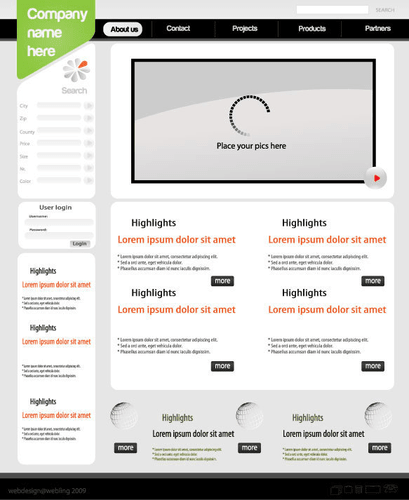
Having a highly experienced CAO can help your business make better-informed decisions based on up-to-date information while ensuring compliance with legal requirements. Anyone with a background in economics, statistics, mathematics, or finance and a basic understanding of generally accepted accounting principles (GAAP) can perform bookkeeping tasks. However, Financial Forecasting For Startups individuals must possess their CPA license to apply for more senior-level accounting employment.
- The controller is in charge of the accounting department, but the real decision-makers in the finance division are the CFO and CAO.
- Comptrollers work primarily in the public sector, such as government agencies or non-profits, focusing on transparency, regulatory compliance, and public accountability.
- Anyone with a background in economics, statistics, mathematics, or finance and a basic understanding of generally accepted accounting principles (GAAP) can perform bookkeeping tasks.
- Controllers spend a sizable portion of their time gathering data to report on current and past results—everything from cost-volume-profit analysis to balancing the books.
- They also play a crucial role in identifying potential risks and opportunities and recommending mitigation strategies.
- If your business has a relatively simple accounting structure with basic bookkeeping needs, then a controller may be sufficient.
Interaction and Collaboration between the CFO and Controller in Financial Management
The controller has leadership responsibility for managing the accounting staff, but ultimately reports to the CFO and CAO. These details must be maintained according to the current accounting practices that depend on the country, company’s industry, and local tax laws. The executive conducts auditing, devises risk mitigation steps, handles budgeting, and controls unnecessary expenses. While both roles share core financial responsibilities, comptrollers deal more with public funds and regulatory oversight, whereas controllers focus on private financial performance.

Hierarchy and payscale: Director vs Executive

These professionals can work in any industry, but CFOs and controllers fixed assets are usually in the for-profit sector, while comptrollers usually work for non-profit or government institutions. To be a successful Chief Accounting Officer, you’ll need a strong foundation in accounting principles and practices. A bachelor’s degree in accounting or a related field is typically required, with many CAOs holding a master’s degree. The terms Controller and Chief Accounting Officer (CAO) are often used interchangeably even though they represent different roles within a business.
- CFO is often assigned to help CEO make forecasts, do cost-benefit analyses, or track revenues and expenses.
- The controller’s role, on the other hand, is inherently operational and focuses on maintaining records and reconciling accounts.
- As a company grows, the demands of these two distinct roles often become too much for one person to handle.
- Controllers are accountable for the design and execution of financial systems and procedures and for preparing financial statements and budgets.
- Financial controllers play an essential role in managing the financial operations of a company.
- The executive makes strategic financial decisions based on the long-term goals of the organization and projects.
- At CFO Pro + Analytics, we bring years of experience helping all kinds of businesses thrive.
Controllers
As the curtains draw upon the exposition of managerial roles in the financial landscape, the distinction between the Controller and Chief Accounting Officer emerges vividly. Each role, a luminary in its domain, contributes distinctive hues to the canvas of financial stewardship. In this realm, the Controller’s canvas sprawls across multifaceted landscapes, from establishing accounting policies to liaising with auditors and stakeholders. They weave narratives from numbers, distilling intricate financial data into comprehensible insights that guide strategic decision-making.


Controllers are often focused on the day-to-day management of a company’s financial records and accounting, whereas CAOs have a broader perspective that spans past, present, and future. Controllers tend to have a narrow range of duties, primarily focusing on GAAP, tax laws, and financial reporting. This is in contrast to CAOs, who demand versatility and can be found working on various projects such as ESG reports and IPO planning. Effective leadership and management skills are essential for overseeing and directing chief accounting officer vs controller the accounting department. A CAO must be able to manage a team of accounting professionals and foster a collaborative and productive work environment. The role of a CAO may not exist in most organizations as it is a recent addition due to the increasing complexity of financial compliance requirements.
- They are also responsible for monitoring actual performance against budget and identifying and addressing variances.
- The roles of a CFO and a financial controller differ significantly in their approach to financial management.
- Strong communication skills are also critical since this position requires working closely with other departments across organizations.
- Senior accountants moving to a CAO position usually augment their knowledge with regular finance, accounting, and business management executive education.
- When there is a finance director, the controller reports to them for every task they do.
No responses yet